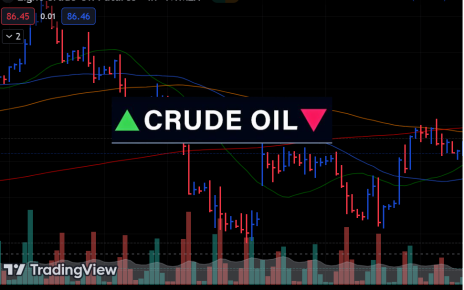- Donald Trump and Kamala Harris are closely tied.
- Kamala will be more likely to continue with most of Biden’s policies.
- Trump might change policies on tariffs and taxes.
Equities eased on Monday after consolidating ahead of the US presidential election. The decline came as markets unwound the Trump trade in light of new polls which showed Kamala Harris in the lead. Meanwhile, market participants were also cautious before Thursday’s FOMC policy meeting.
The US presidential election has introduced considerable uncertainty in the equities market. Donald Trump and Kamala Harris are closely tied, meaning no one knows who will emerge the winner. Therefore, it remains a guessing game until the results are out.
Republican trade (Source: Bloomberg)
However, betting sites have mainly shown Trump in the lead, boosting equities. Nevertheless, as the election drew nearer, things changed. A recent Reuters poll revealed that Kamal was in the lead in Iowa, which is known to be a Republican stronghold. Consequently, bets for a Kamala win rose, leading to some unwinding of the Trump trade.
The two candidates offer different outlooks on fiscal and monetary policy. Analysts believe Kamala would be more likely to continue with most of Biden’s policies. Therefore, the economy would continue on its current trajectory. At the same time, the Federal Reserve would keep lowering borrowing costs to spur economic growth.
Meanwhile, Trump would change policies on tariffs and taxes to boost inflation and business performance. His win creates a more bullish picture for equities. Moreover, the Fed would find it hard to continue lowering borrowing costs. The uncertainty about the likely winner will keep investors on edge and market volatility high.
Elsewhere, equities surged on Friday despite a poor US jobs report. The rally followed Amazon’s strong earnings, which indicated solid retail sales. Notably, Amazon shares rose 6.2%.
On the other hand, the US released data showing the economy only added 12,000 jobs in October. This was a poor performance compared to expectations for 106,000 new jobs. However, experts chalked it up to hurricane disruptions. Furthermore, the unemployment rate held steady at 4.1%, keeping fears of a recession at bay. As a result, market bets for a November Fed rate cut held at 98%.
A separate report revealed that business activity in the US manufacturing sector contracted further. However, there was little reaction to this report as all focus remained on the elections.





